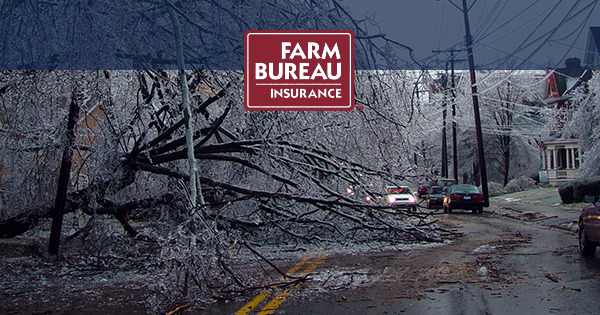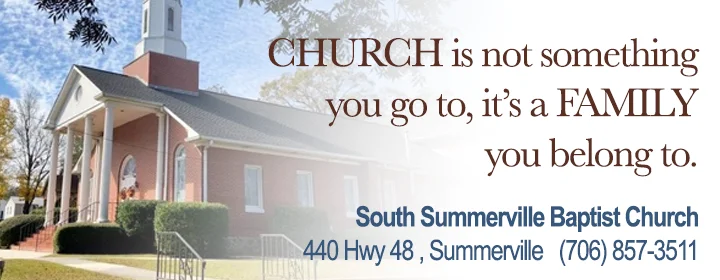Winter Weather Quick Tips:
- Close garage doors
- Close or cover foundation vents under the house and windows to basements
- Cover outside faucets with insulating foam covers
- Make sure gutters are clean
- Disconnect and drain garden hoses
- Drip hot and cold faucets in kitchen and bath (drip single control faucets with lever set in the middle)
- Insulate exposed pipes (both hot and cold) under the house with foam pipe insulation
- Keep the faucet open when thawing frozen pipes to allow water to begin flowing through it
- Locate water main cut-off valve and have a cut-off key handy
- Open cabinet doors under sinks
- Set ice maker to make ice if the water line to it runs under the house
- Turn off sprinkler system and blow compressed air through the lines to drain them
- Turn off water to outside faucets, if available, and open valves on faucets to allow them to drain
After the weather has warmed above freezing and any frozen pipes have thawed, turn off dripping faucets and monitor your water meter to check for unseen leaks. Check on pipes to your washing machine in the laundry room
Items to Stockpile:
Primary concerns are loss of heat, power, telephone service, and a shortage of supplies if storm conditions continue for more than a day. Make sure to have the following items available:
- Baby items such as diapers and formula
- Battery-powered NOAA Weather Radio and portable radio to receive emergency information
- Emergency heat source: fireplace, wood stove, and space heater (properly ventilated to prevent a fire)
- Extra food and water such as dried fruit, nuts and granola bars, and other food requiring no cooking or refrigeration
- Extra prescription medicine
- Fire extinguisher and smoke alarm – test smoke alarms once a month to ensure they work properly
- First-aid supplies
- Flashlight and extra batteries
- Heating fuel (refuel before you are empty; fuel carriers may not reach you for days after a winter storm)
Space Heater Safety:
Follow these tips from
FEMA to utilize space heaters safely.
- Make sure your heater has been tested by a recognized testing laboratory.
- Make sure your heater has an automatic shut-off , so if it tips over, it shuts off .
- Keep anything that can burn, like bedding, clothing and curtains, at least 3 feet away from your heater. Keep pets and kids at least 3 feet away from space heaters.
- Place space heaters on a solid, flat surface.
- Turn heaters off when you go to bed or leave the room.
- Do not plug anything else into the same circuit as the one you are using for your space heater. This can cause overheating.
- Plug portable heaters directly into outlets. Never use an extension cord or power strip.
Traveling During a Winter Storm:
If possible, avoid traveling during a storm. One of the worst places you can be is on the roads during a winter storm. Consider the following tips to stay safe:
- Avoid traveling alone
- Fully check and winterize your vehicle
- Keep your gas tank near full to avoid ice in the tank and fuel lines
- Let someone know your timetable and primary and alternate routes
- Plan your travel and check the latest weather reports to avoid the storm














